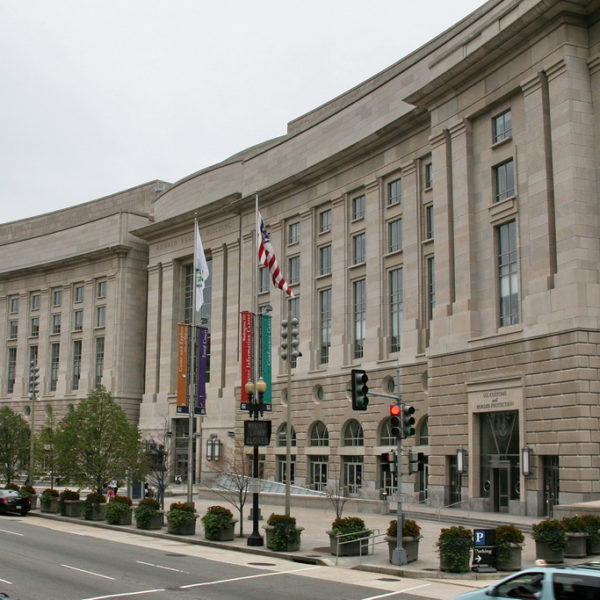
. . . A “nudge”—a term brought to public attention by Cass Sunstein and Richard Thaler—generally refers, in the policy world, to a small modification to an already existing “choice architecture,” some context in which we make decisions; the modification is meant to promote certain decisions over others, in a context where some such promotion is inescapable.

We were happy to have received these provocative responses to our original piece, and appreciate the chance to extend the conversation. We hope that in what follows we adequately answer some of the concerns raised by professors Vallier, Boer, and Baker and Watson about our original essay, and advance discussion on two levels.

We would like to begin with agreement on something fundamental. The team of Mathewes and McRorie are surely correct about the persistence of nudging in our lives. We are nudged by the cereal company that pays to have its product on the top shelf. The little tables at the end of aisles in Barnes and Noble are miniature subdivisions with real estate sold to publishers. Those tiny neighborhoods of books are nudges.